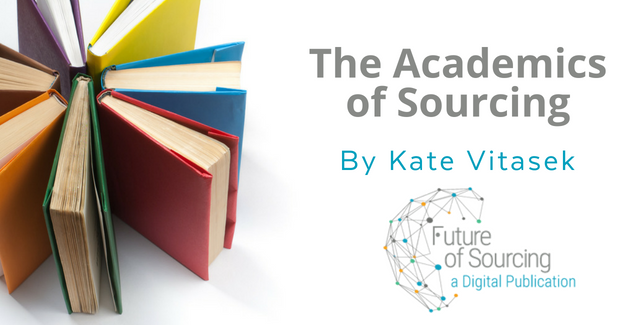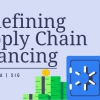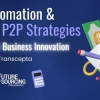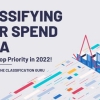When I hear Daniel Corsten speak about collaboration and trust in business relationships it’s music to my ears.
Corsten, a professor at the IE business school, has been a pioneer in the study of collaborative relationships dating back to being a founding academic of the Efficient Consumer Response Initiative (ECR), a major worldwide collaborative movement in the retail industry. He wrote a groundbreaking ECR paper in 2005 (with Nirmalya Kumar).
While being a former P&G’er and loving the concept of ECR, I am most interested in Corsten’s latest works and his paper, ‘Mitigating the Deleterious Effects of Punishments in Buyer-Supplier Relationships.’
In this paper, Corsten says that while punishment is ubiquitous in the practice of inter-organisational relationships, a large body of research demonstrates that the use of coercive power, and more specifically punishment by one party, has “deleterious attitudinal effects on the partner.”
Now that may seem simple and obvious, but why then is the use of market or financial power so prevalent in business rerlationships? Corsten researched survey data from 346 automaker suppliers to “confirm that buyer punishment of a supplier has a detrimental impact on supplier trust, conflict, and self-reports of supplier operational performance.”
In other words Corsten’s research has found “only deleterious effects of punitive actions…this has led some researchers to contend that power, and particularly its negative forms such as punishment, is ineffective, and instead relationship success is associated with the absence of exercise of coercive power.”
There is another side to the use of coercive power that Corsten recognises: while power and punishment can be used to exploit and dominate the other party, it can also be employed to lead, coordinate and collaborate. Our research at the University of Tennessee parallels Corsten’s findings, but through case-based research.
Let’s take McDonald’s, for example: it is the undisputed leader in the quick serve restaurant market and undoubtedly has plenty of power. McDonald’s uses the power not to coerce, but to lead its most strategic suppliers to develop highly collaborative Vested relationships where the suppliers directly benefit from their investments in McDonald’s System. The long-term relationships encourage suppliers to make sizable investments in innovation that help McDonald’s maintain its leadership in the quick serve restaurant industry, which in turn helps secure the supplier’s space in the McDonald’s System. This is a true win-win – and something that is so embedded into the McDonald’s culture it they refer to it as “The System.”
I agree with Corsten that companies naturally have instincts to use their power and that “power continues to play a central role in business practice.
I love his findings; they are clear headed and full of common sense. When power is abused it endangers the relationship and when it is used positively it builds sustainable relationships and lasting benefits.
The duality Corsten addresses is unfortunate in a way, but it is also the reality of the business world we live in. How to use your power is a choice.
I believe that the Vested approach is a path that ends the abuse of power in business relationships (especially in those that are unequal) in favor of a new mindset: a change from self-interest and “me” tactics to credible, collaborative relationships based on cooperation and sharing value.
Corsten captures the simple essence of the Vested approach: “My research shows that collaboration, trust, commitment and rewards are the magic ingredients of any successful relationship.”
Now that’s music to my ears.









